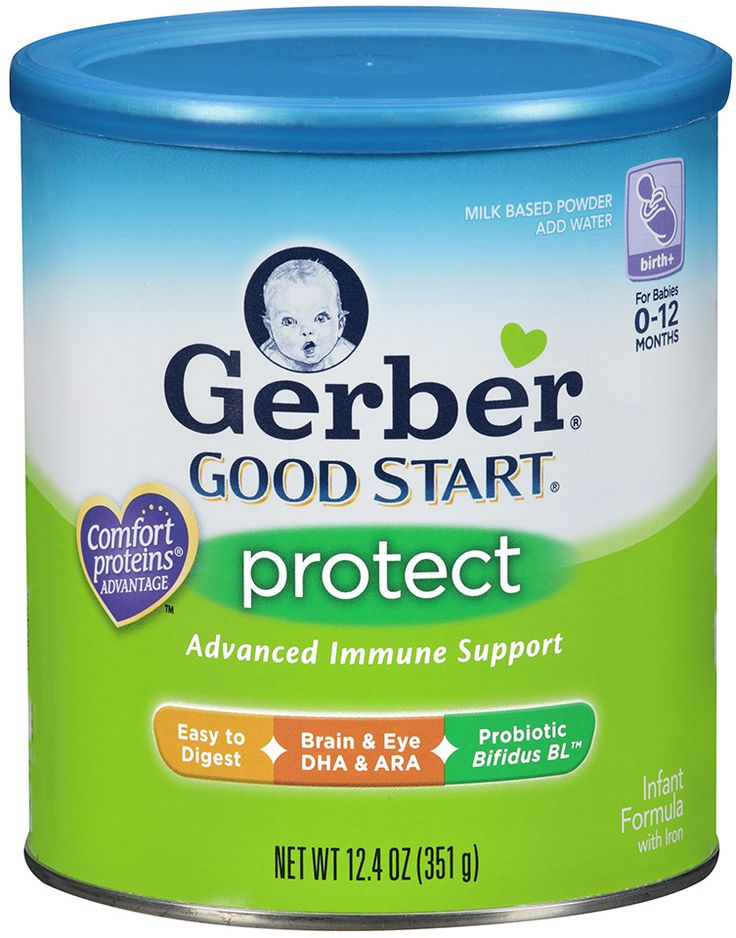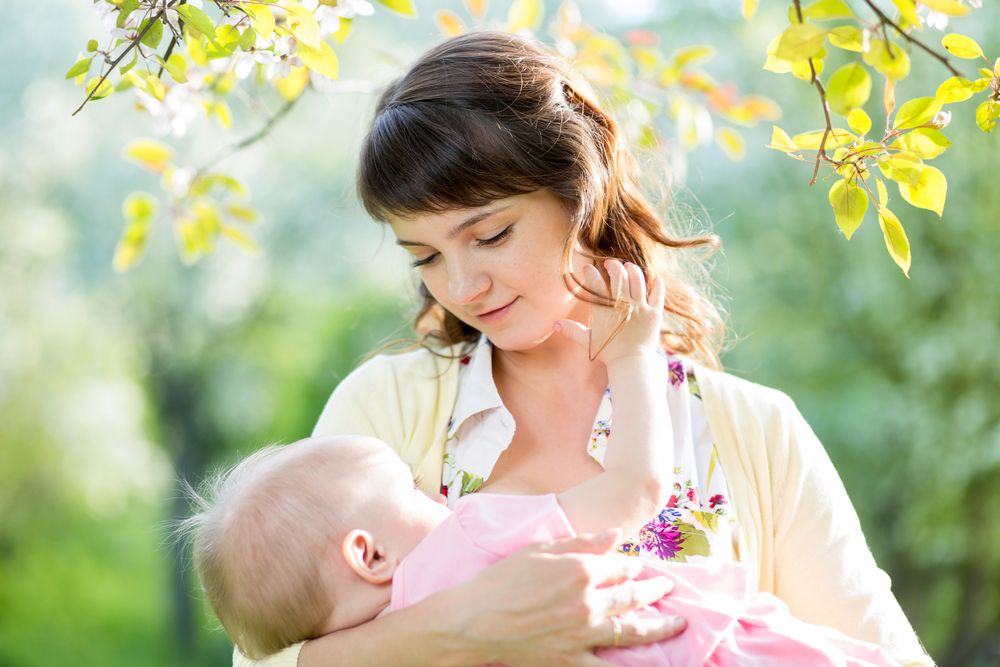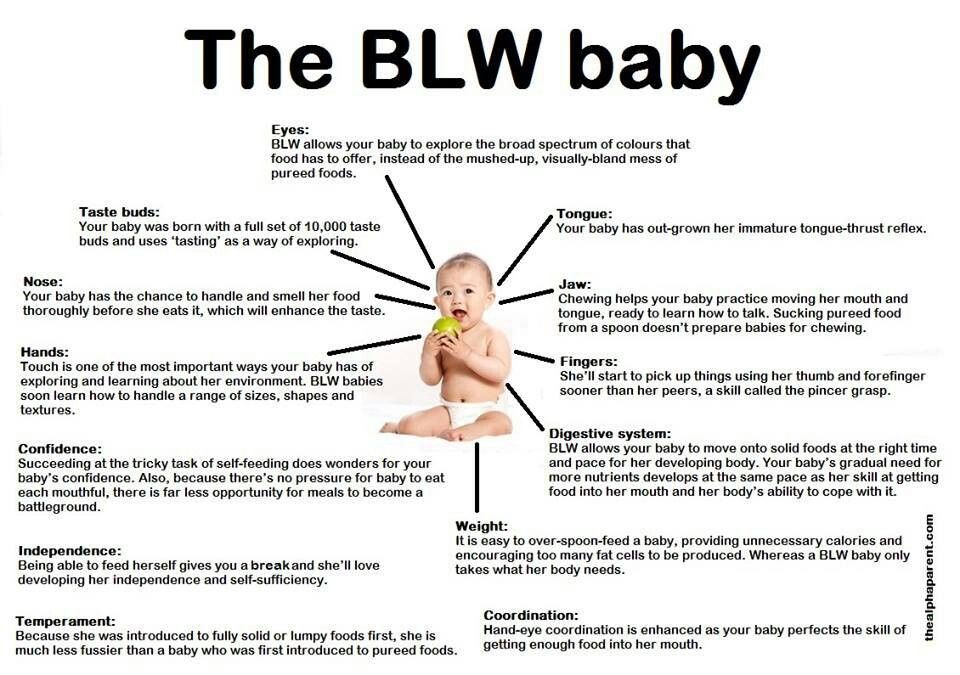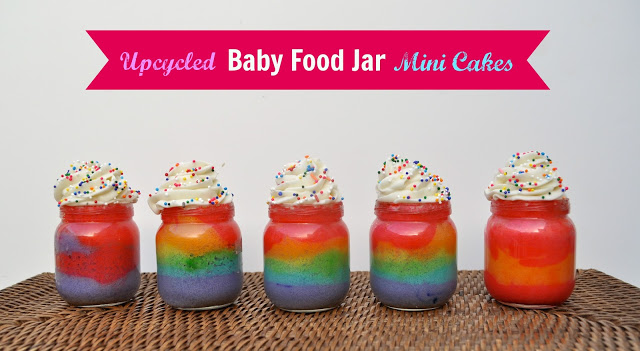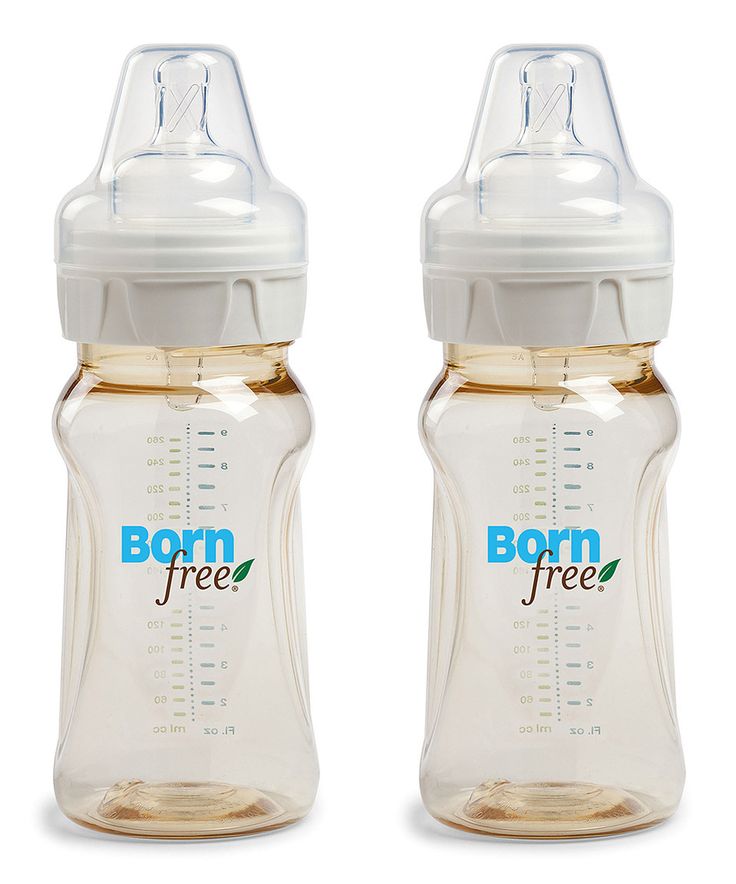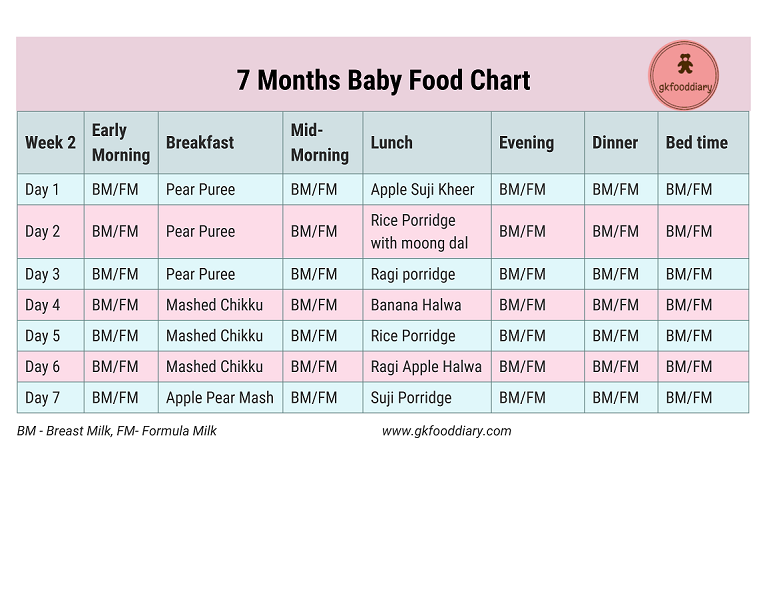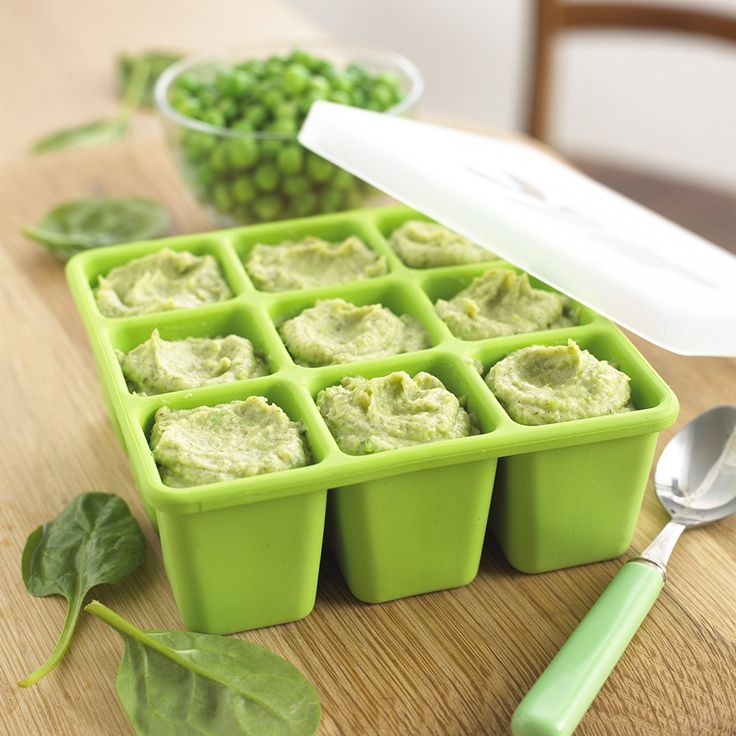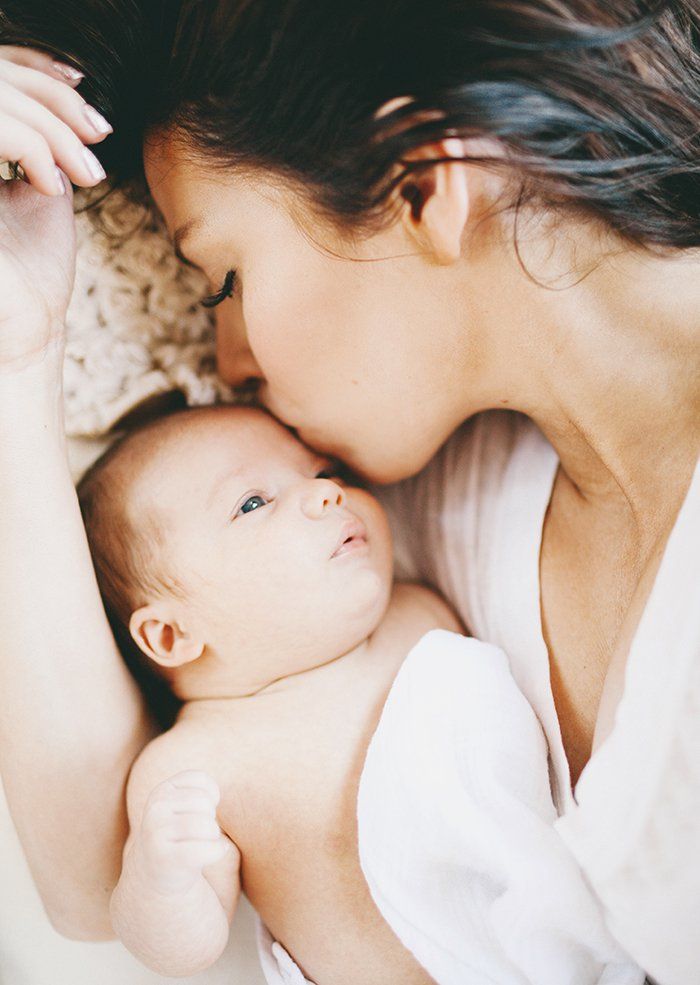Baby food bearded dragons can eat
Can Bearded Dragons Have Baby Food?
It is not recommended that bearded dragons eat baby food. Some owners use baby food as a treat or to coax their lizards into eating vegetables or greens. This isn’t a recommended practice since baby food is often high in sugar and may have other additives that can harm your bearded dragon.
In this guide, you’ll learn:
- Is baby food harmful to bearded dragons?
- Why is it not recommended to feed baby food to bearded dragons?
- What can I feed my bearded dragon?
In addition, baby food is not part of the natural diet of a bearded dragon. Your bearded dragon should get a well balanced and varied diet of live insects and vegetables or greens with fresh fruits or mealworms as an alternative treat instead
What's In This Guide?
Can Bearded Dragons Eat Human Baby Food?Yes, bearded dragons can eat human baby food and are often reported to enjoy these as a nice treat by some owners. However, it’s not a good practice since baby food tends to be high in sugar and may have all sorts of additives and preservatives that can be harmful to bearded dragons. You should consult your veterinarian if you’d really like to incorporate baby food into your bearded dragon’s diet as a treat.
Sometimes, baby food is a convenient option to provide a high caloric slurry in case your bearded dragon needs to be syringe fed if it is sick or lethargic and refusing food.
Can Baby Food Be The Main Source Of Nutrition For My Beardie?No. Baby food will not give your bearded dragon the correct nutritional profile that it needs. It also tends to be high in sugar which is bad for your bearded dragon.
Though it may seem like a convenient way to work some fruits and vegetables into your bearded dragon’s diet, it will benefit more from whole, natural, leafy greens and other vegetables which will provide the full range of nutritional benefits for your dragon.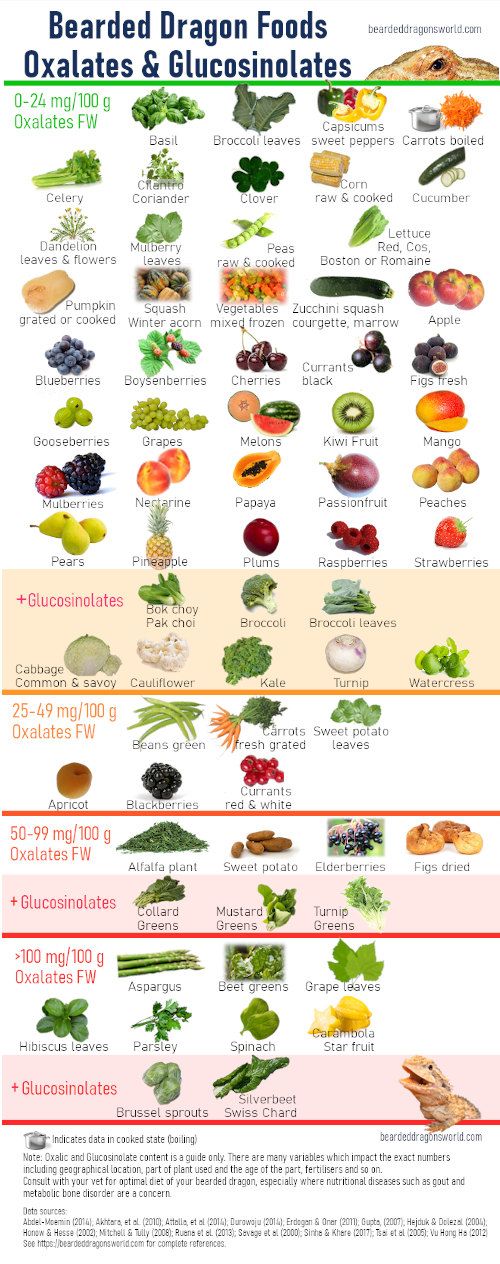 Live feeder insects such as crickets and dubia roaches should be its main protein source.
Live feeder insects such as crickets and dubia roaches should be its main protein source.
Pro-tip
Try making your own “baby food” by using a blender to mash your leafy greens and other vegetables. You can add a bit of apple for a more palatable taste (but not too much since these are also high in sugar). This way, you are sure of what goes into your bearded dragon’s food. Use this slurry to coax your dragon to eat instead of store-bought baby food.
You should invest in a good supplement (calcium, vitamin D3, and multivitamins) for your bearded dragon instead of turning to baby food as a source of nutrition or treats. These supplements can be offered as dustings on your bearded dragon’s food or as a gut load for live feeders (insects) before feeding.
Why We Don’t Recommend Baby Food For Bearded DragonsBaby food is often high in sugar and can have different additives and preservatives that can harm your bearded dragon even in small amounts.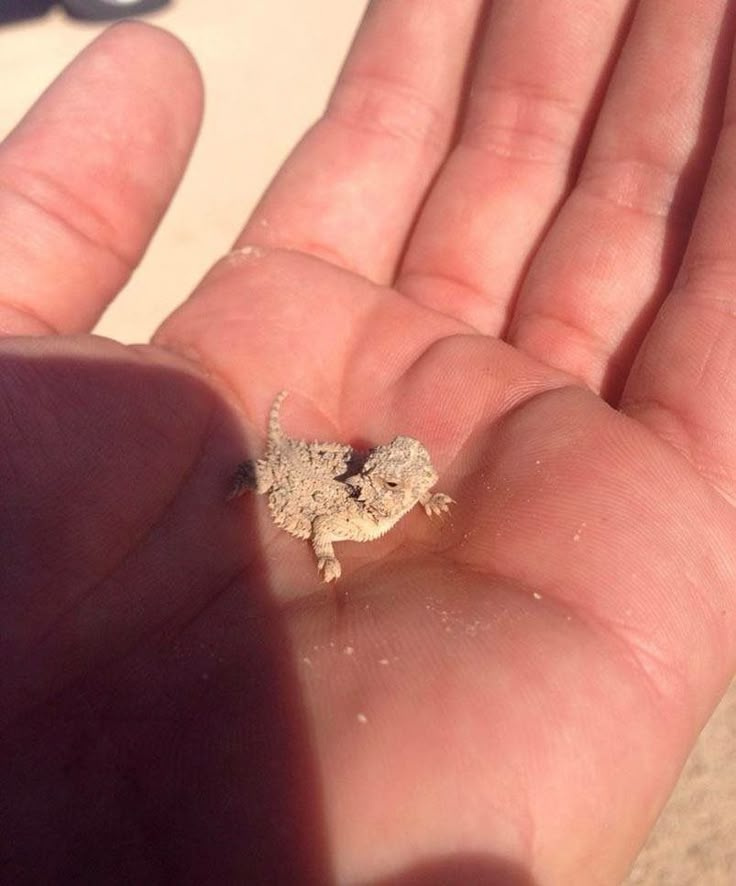 Though it is a quick, high caloric slurry that can sometimes be given to sick bearded dragons, it should never be part of its regular diet. It may lead to health problems such as obesity in the long run.
Though it is a quick, high caloric slurry that can sometimes be given to sick bearded dragons, it should never be part of its regular diet. It may lead to health problems such as obesity in the long run.
With any exotic animal in captivity, it’s better to mimic its natural diet as much as possible to give it a long and healthy life. Bearded dragons can actually eat a wide range of live feeder insects, leafy greens, fruits, and vegetables so you have a lot to choose from.
Baby food is actually quite expensive and will cost you more in the long run versus buying fresh greens, vegetables, and fruit. You can also make your own baby food by mashing up your dragon’s regular food if it has eating problems.
Which Types of Baby Food Are Ok?If you must feed your beardie baby food, go for the vegetables like squash or pumpkin. Choose the kinds that are based on the food that your bearded dragon would normally eat. Read the label carefully and check the sugar content.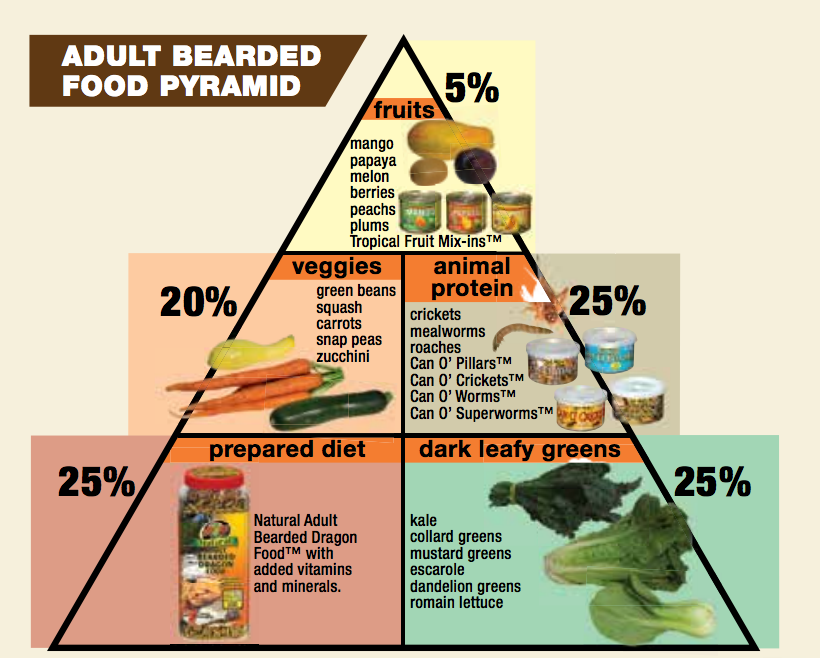 Opt for those marked organic or natural and free from preservatives.
Opt for those marked organic or natural and free from preservatives.
Stay away from those made from fruit since these usually have a higher sugar content. Don’t buy those with a lot of preservatives and additives as well.
Keep in mind that bearded dragons are lizards from dry, arid, climates that naturally live on insects and some plants. Baby food is not part of their natural diet. Only feed your dragon baby food if you have a reason to (e.g. you need to boost its diet in some way) or if your veterinarian recommends it.
Which Baby Foods Are Not Ok?Stay away from most baby foods especially ones made from fruit since these have a high sugar content. Don’t buy those with a lot of preservatives and additives as well.
Are Certain Brands Of Baby Food Better Than Others?If you cannot stay away from baby food for your bearded dragon, go for the organic and natural brands and stay away from the highly commercial ones that tend to have more preservatives and additives.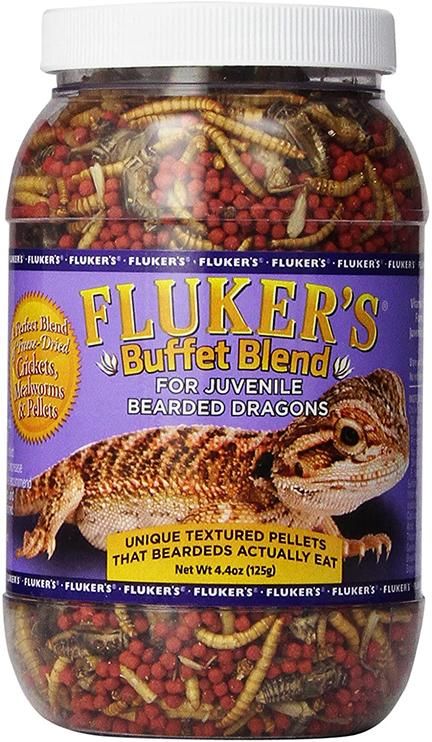
If you are resorting to baby food as a way to coax your dragon to eat more vegetables, then try these tips first if you have a picky eater.
- Be patient. Keep offering leafy greens and vegetables. Leave a plate with veggies in with your beardie for a while. Bearded dragons are more grazers in the wild so they may just nip a little bit from leafy greens from time to time throughout the day. Just make sure to take out uneaten food at the end of the day.
- If you have a juvenile bearded dragon, they may not take to eating greens immediately but will grow to like them as adults since they will need more of these in their diet as they mature. Be patient and persistent.
- Offer treats such as mealworms or superworms with your vegetables. Some owners hand feed worms or feeder insects to their dragons and then sneak in a small piece of greens to get their dragon used to the taste bit by bit.
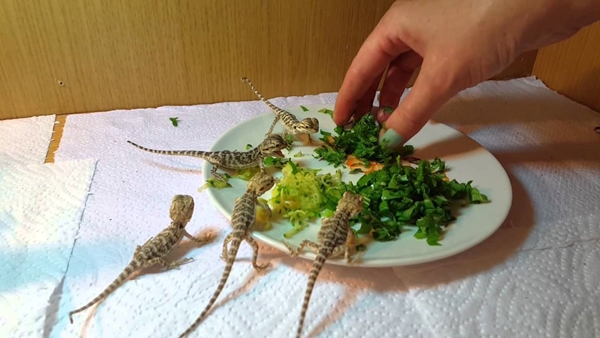
- Make your own vegetable slurry or “baby food” by using a blender to mash your greens and vegetables with a bit of apple or fresh fruit thrown in to make it more palatable.
- Mix it up. Bearded dragons can eat a variety of greens, vegetables, fruits, and even flowers so try other variants to see what your dragon likes.
- If you notice a loss of appetite in your bearded dragon, check that it is getting the correct lighting and temperature levels in its enclosure as this can affect its metabolism and digestion. You may also want to provide calcium supplements such as well as vitamin D3, and a multivitamin for your bearded dragon.
- Providing good hydration via a water dish and their weekly bath will also help in your beardie’s digestion.
Read More >> Can Bearded Dragons Have Apples?
Greens, vegetables, and fruits you can feed your bearded dragon:- Acorn Squash
- Alfalfa Sprouts
- Apricots
- Apple
- Banana
- Butternut squash
- Bell peppers
- Bok Choy
- Broccoli (in moderation)
- Cabbage
- Carrots
- Celery
- Cilantro
- Corn
- Collard Greens
- Figs
- Grapes
- Green Beans
- Kale
- Kiwi
- Lettuce
- Mango
- Melon
- Mustard Greens
- Okra
- Papaya
- Parsnips
- Peaches
- Peas
- Pumpkin
- Raisins
- Raspberries
- Squash
- Sweet potato
- Strawberries
- Tomato
- Turnip Greens
- Watercress
- Zucchini
- Flowers (capeweed, rose petals)
- Crickets
- Dubia Roaches
- Earthworms
- Grasshoppers
- Mealworms
- Moths
- Slaters
- Slugs
- Snails
- Spiders
- Superworms
- Wax Worms
- Worms
- Pink mice and rats
- Low-fat meats
- Organ meat (chicken or ox heart and liver)
- Commercial Bearded Dragon/Iguana food
- Fireflies (Photinus sp.
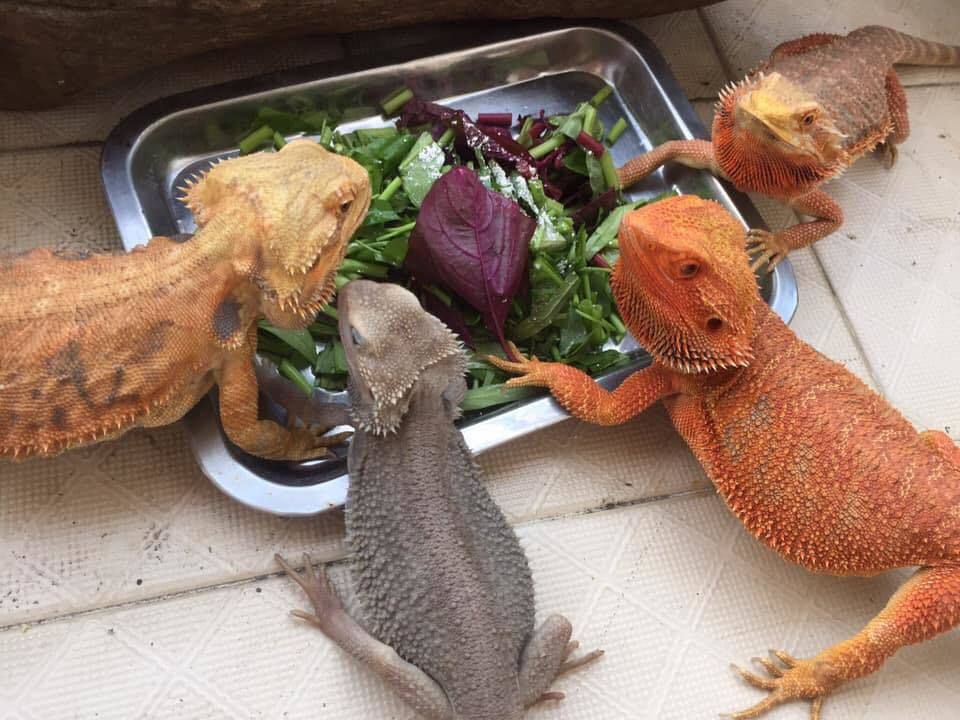 )
) - Monarch butterflies
- Queen butterflies
- Lygaeid bugs
- Nuts and seeds
- Spinach
- Avocado
- Citrus Fruits
- Other wild caught insects that can have pesticides or parasites
It’s not recommended that you feed bearded dragons baby food because of its high sugar content and possible addition of preservatives. If you really must, treat these as a once in a blue moon treat rather than a staple in their diets.
Can baby food be the main food source?No. Baby food will not give your dragon the full nutritional requirements it needs to grow healthy and happy and stay free from any illness.
Bearded dragons should have a well balanced diet and should be fed a variety of fresh, natural, and organically sourced greens, vegetables, and fruits as well as responsibly bred feeder insects free from parasites.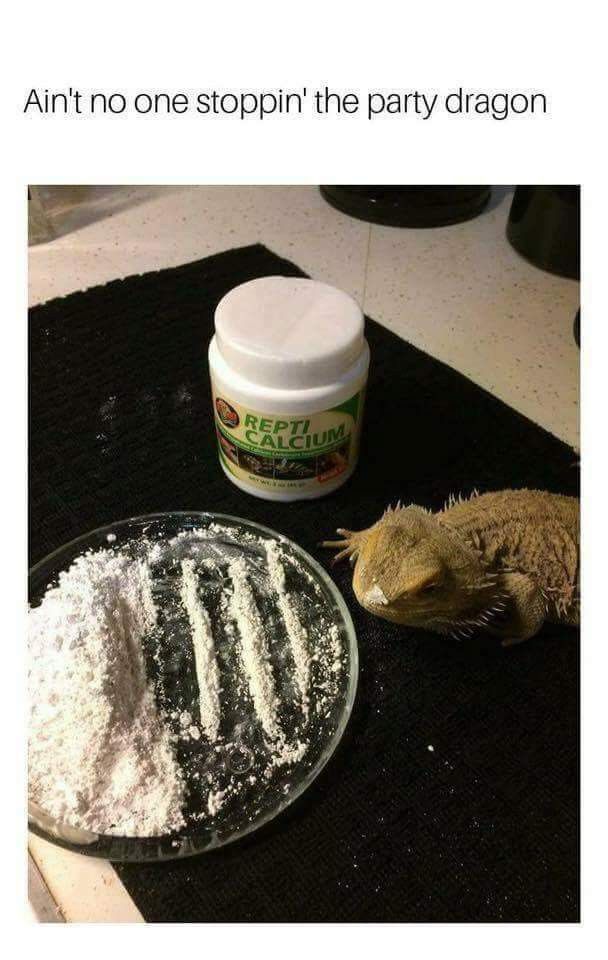
Juvenile bearded dragons will need more protein from feeder insects and some fiber from leafy greens and vegetables. As they mature into adult bearded dragons, they will need more leafy greens in their diet.
The high sugar content, additives, and preservatives that may be present in baby food can cause obesity, diabetes, malnutrition, and other illnesses to your dragon in the long run.
Can Bearded dragons eat chicken baby food?Yes but, baby food is not recommended for bearded dragons. On occasion, it may be offered as a quick and easy source of protein especially for sick bearded dragons that need to be slurry fed. The protein can help bearded dragons heal if they cannot get these from feeder insects. Always consult your veterinarian if your bearded dragon is sick.
Again, keep in mind that cooked meat normally found in baby food is nutritionally different from the protein source that a bearded dragon’s body is used to which are insects.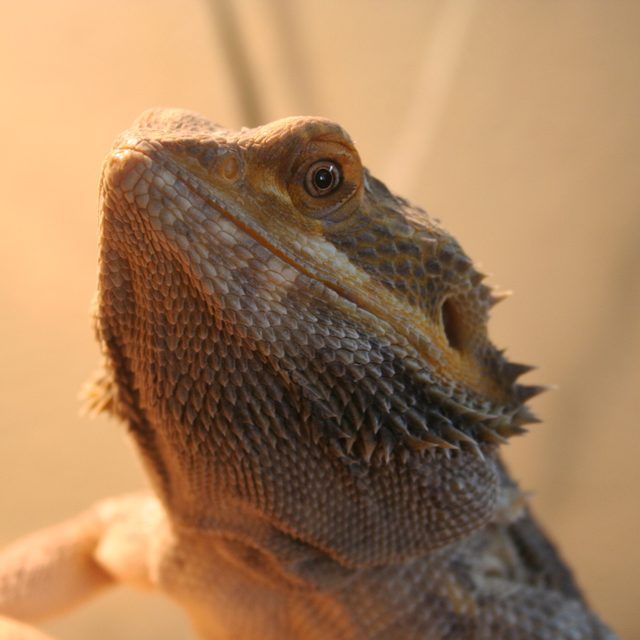 Live feeder insects would be the best protein source for your dragon.
Live feeder insects would be the best protein source for your dragon.
No, crickets and other live feeder insects are the best sources of protein and other vitamins and minerals for your pet. Baby food can sometimes be used as a quick slurry for sick bearded dragons or as a very rare treat but it shouldn’t become part of your dragon’s regular diet.
ConclusionThough bearded dragons can eat baby food, it is not recommended due to its high sugar content and poor nutritional value, not to mention being more expensive than whole, natural food. Provide your bearded dragon with the proper balanced diet of fresh greens and vegetables plus live feeder insects instead and it will be healthier for it. On some occasions, baby food can be a quick slurry for syringe feeding ailing bearded dragons. Baby food should never be a regular part of your bearded dragon’s diet.
Further ReadingOverview on Bearded Dragons:
Bearded dragon
Bearded dragons: facts and photos
Quick care sheet on bearded dragons (PDF):
Bearded dragon husbandry
Very detailed husbandry manual for bearded dragons (PDF):
Husbandry Guidelines for Bearded Dragons
Comprehensive list of plants that reptiles can eat:
Edible Plants List
An article tackling some feeding myths found online:
Fact Vs. Fiction on food for herbivorous reptiles
Fiction on food for herbivorous reptiles
A good list of vegetable and fruit names for omnivores:
Vegetable and Fruit Names: A Multi-Lingual Glossary for Herbivorous and Omnivorous Reptile Keepers
All You Need To Know
It’s true bearded dragons and humans can both enjoy certain fruits and veggies, but where do we draw the line?
For instance, can our beardie babies enjoy the seemingly healthy and delicious option of baby food the way our own young do?
Baby foods certainly seem like a good option since they’re often blended versions of veggies our reptiles are already eating in their daily diet.
With such a smooth consistency, they also certainly wouldn’t put our pets at risk of choking, either.
As concerned dragon owners, though, we know we need to be careful when it comes to beardie health.
Just because something works for us doesn’t mean it will work for them.
Table of Contents
Is Baby Food Safe For A Bearded Dragon?
The safe answer here is no; our pet lizards should not be eating baby food as part of their diet.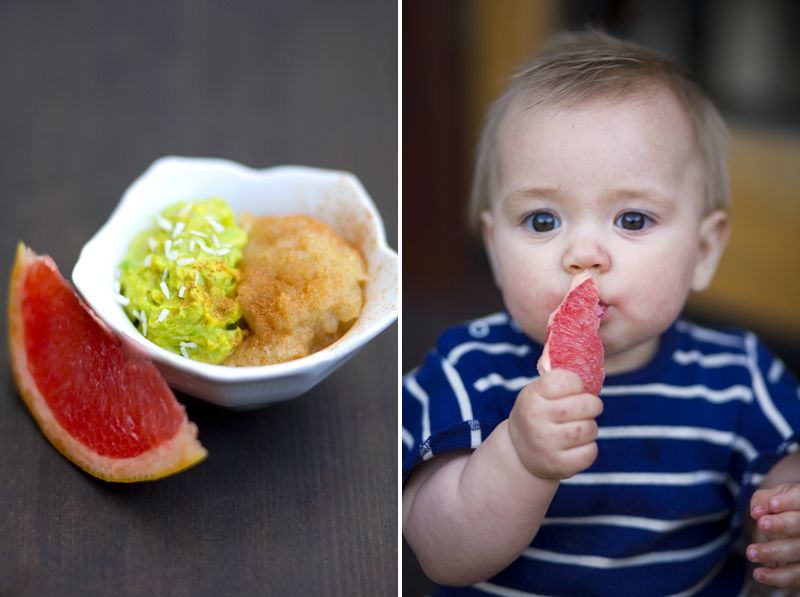 It’s often high in sugar and can contain other additives posing a threat to your pet.
It’s often high in sugar and can contain other additives posing a threat to your pet.
There are occasional situations where baby food might be warranted, like if you have a malnourished or sick dragon on your hands, but even then, you should check with a knowledgeable reptile vet first.
Our beardies are meant to eat fresh veggies and protein.
They need a wide variety of these items from your neighborhood grocery and pet store, but you should avoid cooked and processed foods—like baby food—while you’re there.
While it may seem like a good idea and an easy option to go the Gerber route, human baby food is not part of the natural staple diet for a lizard.
Why Is Baby Food Bad For Bearded Dragons?
Sure, baby food is not lethal if given to your pet lizard in occasional feedings, but it’s not what a healthy dragon needs.
Your pet dragon’s diet in captivity should very much resemble the diet of a wild beardie.
In or out of our care, these reptiles need access to fresh, natural foods.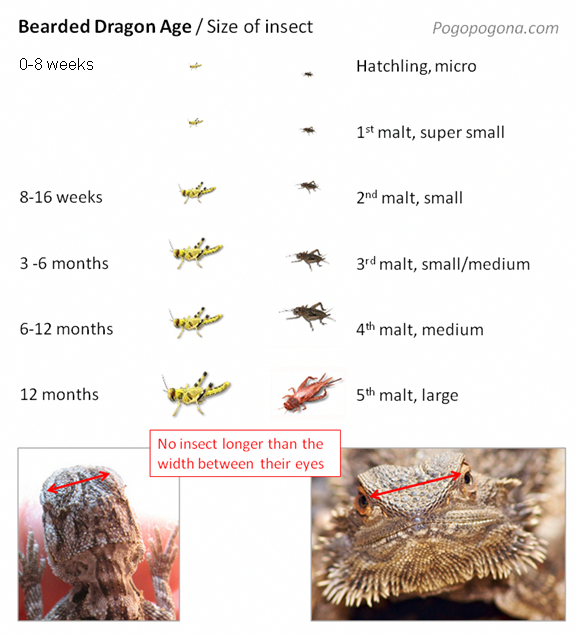
Bearded dragons do not need sugar—a natural diet of fresh greens and light insect protein doesn’t contain much.
Yet a lot of human baby food is high in sugar, with about a third of its calories often coming from it.
Meanwhile, something like celery will only have about one gram of sugar for every 100 grams.
One percent is more like it!
We have an article dedicated to celery if you want to learn more about feeding bearded dragons celery.
In order to thrive, our beardies need vitamins and minerals above all, like vitamin A, iron, and calcium.
Too much sugar from processed food can lead to health issues like obesity and prevent your pet from getting the raw nutrients it needs.
Plus, baby food is expensive!
You might think it’s a convenient way to avoid the washing and chopping you need for fresh food prep, but in the long run, it’s actually more cost-effective to stick with the real deal.
Is It Ever Okay To Feed Baby Food To My Bearded Dragon?
We did say earlier there might be a couple of situations in which baby food becomes acceptable.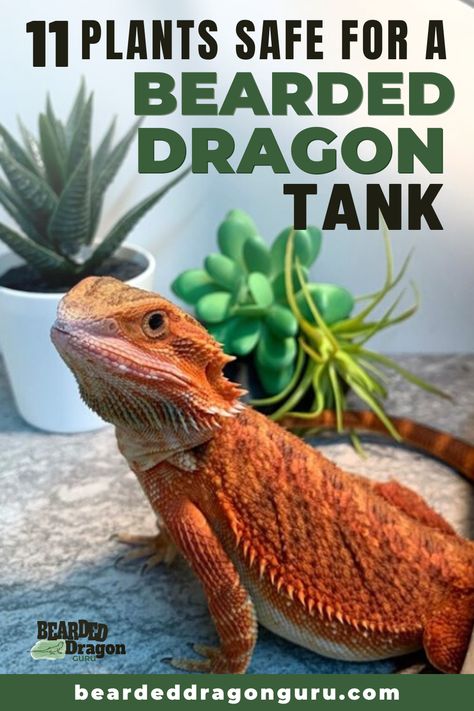
(There’s always an exception to the rule, isn’t there?)
So, when would this be the case?
If your beardie is being particularly picky, to the point of being malnourished, baby food could act as the nutritional boost your lizard needs—or you could mix it with acceptable foods to get your pet’s appetite for veggies going again.
For example, baby bearded dragons need a lot more protein than adult dragons, so sometimes, the transition from a high protein to a balanced protein and veggie diet is difficult.
Using baby food strategically and in moderation for a transition like this could end up being helpful.
Again, though, we recommend consulting with your reptile veterinarian care expert before making such decisions.
The same goes for if your dragon is ill or recovering from an injury—sometimes, access to baby food could help pave the way to a speedier recovery.
Don’t think of it as a sweet treat so much as a potential medical aid on a case-by-case basis.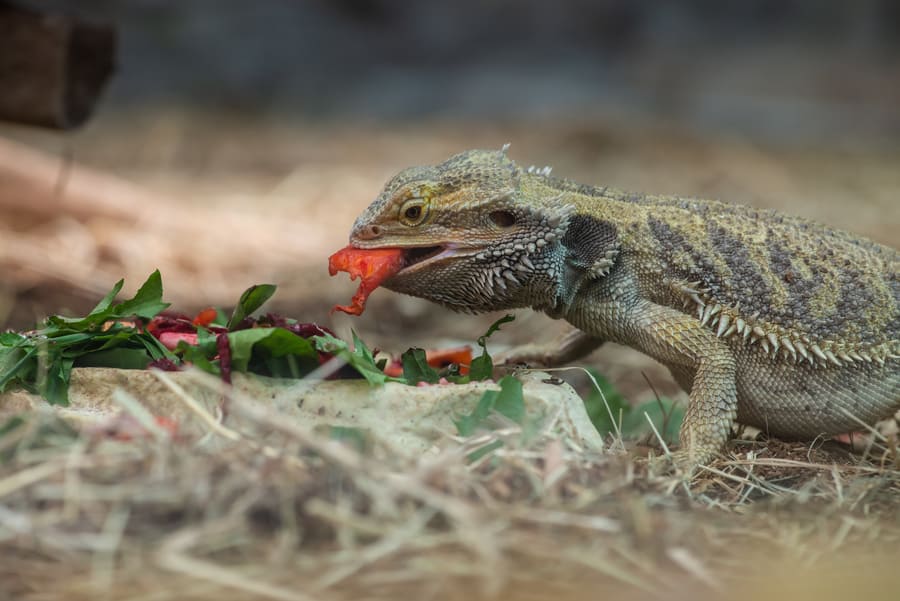
Are Certain Kinds of Baby Food Better Than Others?
There are particular types of baby food going to provide better care to your bearded dragon than others, should you end up in a situation where you need to feed them this substance.
Choose organic baby food over anything else.
Organic will give you the best chance at natural ingredients and fewer preservatives.
Read the label!
Avoid any options too high in sugar or have any suspicious additives bad for your beardie.
Choose vegetable-based products over fruit baby foods.
Fruit is naturally higher in sugar, and your dragon shouldn’t be eating a ton of fruit, to begin with.
Use squash baby food, pumpkin, or other organic veggie baby food containing a staple ingredient your beardie already eats.
If you do engage with this product, use syringe feeding so you may control the amount of baby food your bearded dragon consumes.
What Should I Be Feeding My Bearded Dragon Instead?
Juvi dragons should have a high-protein diet (about 80% protein and 20% veggies), while adult beardies should have a greater variety of food (amounting to about 50% protein and 50% veggies).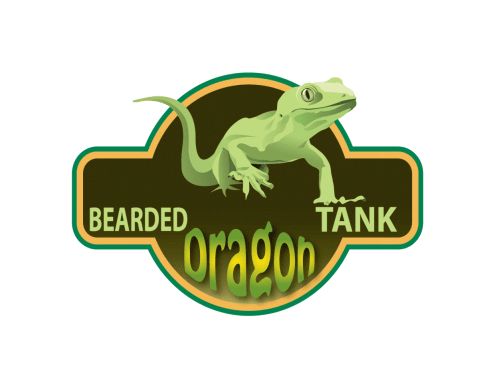
For protein, use dubia roaches, crickets, and superworms.
For veggies, opt for leafy greens and dark greens.
- Kale
- Mustard Greens
- Turnip Greens
- Collard Greens
Calcium is really important for your bearded dragon’s health, too, so consider foods which will aid in calcium absorption, as well as calcium supplements.
Final Thoughts
You want your bearded dragon to be eating a diet similar to how they would in the wild—a wide variety of insects, raw vegetables, and the occasional fruit.
Human baby food, blended and ready to go, may seem like an attractive alternative, but in fact, it is cooked, processed, and usually very high in sugar.
If you find yourself in a situation where baby food seems like the only answer for your beardie—like they aren’t eating what they’re supposed to or are recovering from being sick or injured—ask your vet.
As a general rule of thumb, though, this human creation should not be part of your bearded dragon’s daily diet.
Bearded dragon - description, care, feeding, maintenance and breeding at home
Bearded dragon is an obedient and easy-to-care pet. These lizards have been kept at home for over 30 years. The natural color is dominated by yellowish, gray or brown tones. The color may change depending on the temperature and condition of the animal. Now you can buy a variety of bred morphs, which makes this species attractive for both beginners and advanced amateurs.
The size of an adult individual can reach 40-60 cm. The body has a flattened ellipsoidal shape. On the body, mainly on the sides, there are scales in the form of prickly spikes. The head has a triangular shape and is framed by spines.
The lizard lives in arid deserts and semi-deserts of Australia. Leads an active daily life on the ground, sometimes climbing onto stones and branches of low trees. He uses burrows of other animals, piles of stones, crevices at the roots of trees and bushes as shelters.
For adults, a 90x45x45 cm terrarium is suitable, for young dragons you can use a smaller 60x45x30 cm terrarium. when the animal reaches 1 year.
when the animal reaches 1 year.
Temperature is the most important parameter for keeping a bearded dragon at home. Only with the right temperature regime the animal will be able to fully digest food, develop and grow normally. The lizard's metabolism depends entirely on the correct temperature gradient, which is created by special lamps.
During the day the temperature should be 25-30 °C in the "cool zone" and 38-50 °C in the warm zone "under the sun".
For heating, a powerful directional heat and light lamp is installed, which is recommended for use in a luminaire with a bracket. You can raise and lower the lamp depending on what temperature is required in the terrarium.
Night temperatures can drop to 22°C.
Supplementary heating - eg heat cable, terrarium thermomat, ceramic heater, infrared lamps - may be required if the temperature falls below the recommended range.
Use Desert Sand or Stone Desert as a substrate. It is necessary to install strong snags, stones on which it is convenient for animals to climb, shelters and a small drinking bowl with water in the terrarium.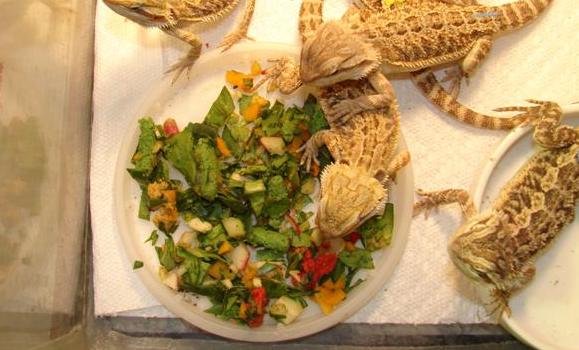
Several daylight lamps (Natural Light and Reptile Vision) and lamps with strong UV radiation (UVB150-200) are installed in the terrarium for lighting.
Daylight hours for the bearded dragon is 12-14 hours.
Terrarium humidity is not supported. Caring for a bearded dragon consists of bathing. A lizard under the age of 3 months should be bathed once a week in a basin with water at 30 ° C, 2-3 cm deep. From 3-6 months, you can bathe once every 2 weeks. From 6-12 months, 1 time per month is enough.
Only use the terrarium with a proven ventilation system that promotes good air exchange and prevents the windows from fogging up.
Bearded dragons have a diet of insects, greens, vegetables and fruits. The diet of an animal up to a year old should consist of 70% insects and 30% plant foods. As the lizards get older, the ratio should change to about 70% plant foods and 30% insects.
Approximate feeding schedule
1-6 months - ~10 crickets every day.
6-12 months - every other day ~10 crickets or 1-3 locusts.
12 months and older - 2-3 times a week for ~10 crickets or 5-8 locusts.
The numbers of insects given are approximate and may not correspond to the needs of a particular animal. Focus on your pet's appetite. You can also use frozen insects or Repashy special food as food.
Before feeding insects, pollinate with calcium and vitamins. Plant foods can be offered every day. You can feed all kinds of salads, various vegetables and fruits.
Eliminate all types of cabbage, tomatoes, citrus fruits and other acidic vegetables, fruits and berries.
In summer you can give dandelions, clover, knotweed, other weeds. Feed the animal in the morning and afternoon hours, but not at night. Animals under one year old should not be limited in feeding.
The Bearded Dragon should always have access to fresh drinking water.
Bearded dragons become sexually mature, ready for breeding by the age of two. This is an oviparous species. After mating, after 45-65 days, females lay eggs. To do this, they need to dig a hole with a depth of at least 40 cm. The number of eggs in a clutch is from 9up to 25 pieces. After 55-90 days, babies hatch from the eggs.
This is an oviparous species. After mating, after 45-65 days, females lay eggs. To do this, they need to dig a hole with a depth of at least 40 cm. The number of eggs in a clutch is from 9up to 25 pieces. After 55-90 days, babies hatch from the eggs.
With proper maintenance and care in your home, the bearded dragon will live up to 12-14 years.
Bearded dragons are very territorial, so males should never be placed together. These lizards should be kept singly or in groups where there is a male and several females.
Like any other animal, the bearded dragon can get sick. Of course, if all the rules are followed, the risk of disease is minimized. If you suspect any disease, call our store and we will advise you.
Signs of illness:
- lethargy,
- lack of appetite for a long time,
- problematic molt.
Bearded dragons get used to human contact very quickly. When the animal understands that there is no danger, it ceases to be afraid and will come out on its own.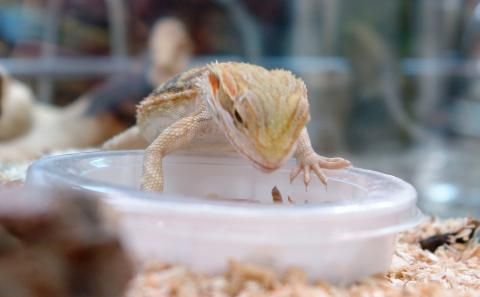 For the purpose of taming, it is necessary to feed the agama from your hands, take it out of the terrarium for some time and hold it in your hands, stroke it on the back. If she does not experience stress outside the terrarium, you can let her walk around the room, after closing the windows and locking other pets in separate rooms. The lizard should be outside the terrarium only under supervision.
For the purpose of taming, it is necessary to feed the agama from your hands, take it out of the terrarium for some time and hold it in your hands, stroke it on the back. If she does not experience stress outside the terrarium, you can let her walk around the room, after closing the windows and locking other pets in separate rooms. The lizard should be outside the terrarium only under supervision.
On our site there are many photos of bearded dragons, as well as a video, after watching which you will get acquainted with the habits of a reptile.
Panteric only supplies healthy animals. Our consultants help with the choice of everything you need for terrarium equipment, answer all your questions, and give important tips on care and breeding. For the time of departure, you can leave your pet in our hotel, which will be monitored by experienced veterinarians.
See also
Arrangement of a terrarium for a chameleon
22.09.21
6826
Author: 4
Let's talk about how to create comfortable conditions for a reptile and arrange proper care.
Common tree frog: maintenance and care at home
06/24/22
1322
Author: 1
We will tell you how to care for the common tree frog at home. We will explain what the diet should consist of and what will help prolong its life.
Geckos: maintenance and care at home
10/14/21
18243
Author: 3
We will tell about the features of caring for these tropical yuri lizards in this article.
All instructions
Is it possible to feed the bearded dragon with baby food? Given the opportunity, they will eat a wide variety of vegetables and fruits.
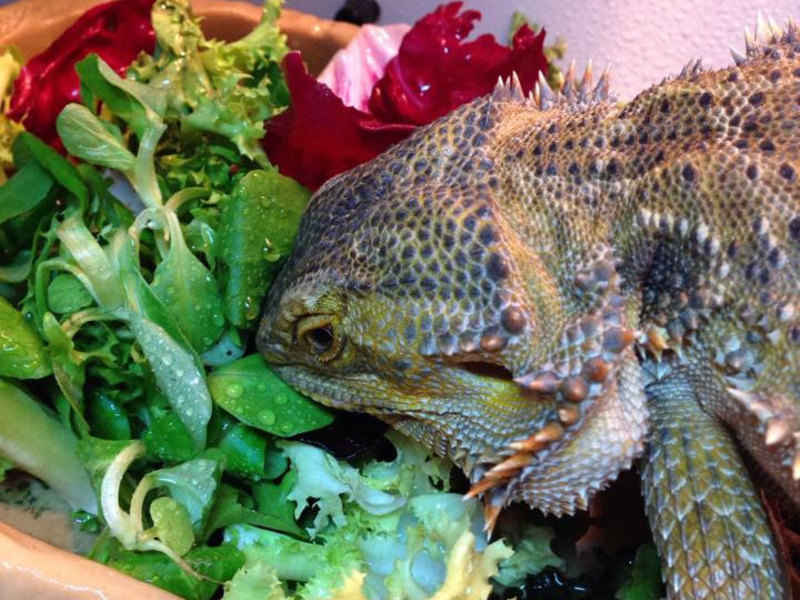 But there is not always access to fresh vegetables or fruits, then the owners of bearded dragons ask what can be replaced with fresh vegetables and fruits? Can I feed baby food to my bearded dragon
But there is not always access to fresh vegetables or fruits, then the owners of bearded dragons ask what can be replaced with fresh vegetables and fruits? Can I feed baby food to my bearded dragon Can I feed baby food to my bearded dragon? No, you shouldn't feed baby food (mashed potatoes) to your bearded dragon. Baby food may be a suitable alternative if the bearded dragon is sick or malnourished. If you think this is the case, always check with your veterinarian, otherwise stick to fresh vegetables.
While feeding a dragon may seem like a quick and convenient way to include fruits and vegetables in your diet, it's not the healthiest option. Bearded dragons need whole, fresh vegetables, especially leafy greens, to get the full spectrum of nutrients they need for good health.
Why is baby food not suitable for bearded dragons?
Many baby foods on the market today are high in sugar. In fact, the World Health Organization states that most of the baby foods they have studied get 30 percent of their calories from sugars. This is bad for our children, especially for baradate dragons.
This is bad for our children, especially for baradate dragons.
Bearded dragons do not need sugar in their diet. In the wild, their diet consists primarily of insects, along with herbs, flowers, and leaves. You should always try to keep a diet as close as possible to that of the wild bearded dragon.
Bearded dragons need several vitamins and minerals to stay healthy. First, they need calcium. Ensuring that your bearded dragon gets the right amount of dietary calcium is critical, especially when they are still small and their skeletal system is developing.
Bearded dragons also need vitamin A and iron, which they get mainly from fresh vegetables. Processed baby food is simply not as nutrient dense and will not provide the full amount of essential nutrients your dragon needs.
In addition, feeding baby food to dragons is not always the best financial option. While this may seem a lot more convenient since you don't have to cut and potentially cook the food yourself (like butternut squash), you'll be paying a lot more for baby food than buying fresh fruits and vegetables.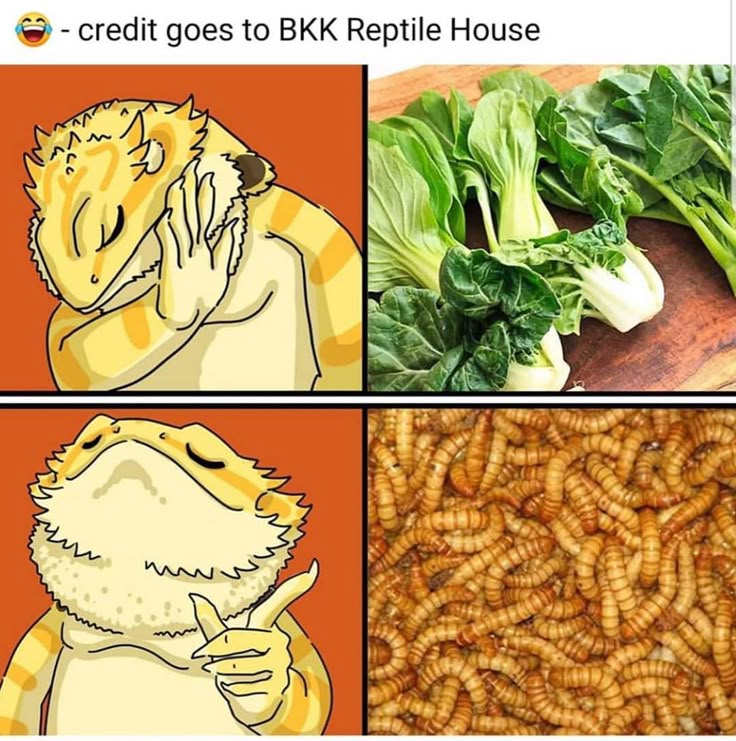
What to feed a bearded dragon instead of baby food?
Baby food is not the best option for your dragon. So what is the best way to feed a bearded dragon?
First of all, the bearded dragon must eat protein in the form of live insects. Young bearded dragons must consume more insects than their adult counterparts. Insects should make up about 80% of your baby bearded dragon's diet, with the other 20% fresh vegetables.
When your bearded dragon becomes an adult, most veterinarians will recommend a diet that is 50% insects and 50% plant foods.
Live insects that can be given to the bearded dragon: crickets, dubia cockroaches, horned worms and silkworms. You can also give your dragons waxworms and mealworms as treats, but not too often as they are much fatter and not as easy to digest.
As mentioned earlier, dragons need calcium in their diet. Some of this calcium comes from fresh vegetables. Brussels sprouts, butternut squash, carrots, collards, cabbage, and turnip greens are excellent sources of calcium and are safe for bearded dragons.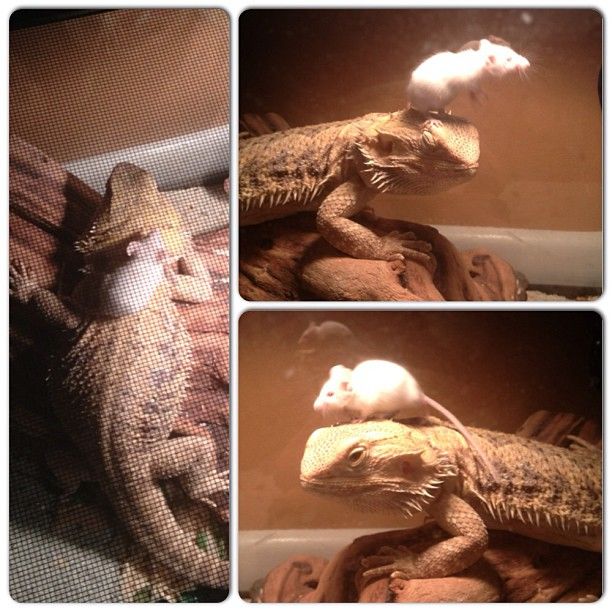
In addition to these calcium-rich vegetables, you also need to give calcium supplements. More on this later.
You also need to make sure that the bearded dragon gets enough vitamin A and iron. Kale, carrots, and sweet potatoes are rich in vitamin A. Green cabbage is also rich in iron, and luckily for you, it can be given to a bearded dragon every day. Lentils, cabbage and pumpkin are also rich in iron and can be served from time to time.
In addition to the vegetables mentioned above, the following fresh vegetables are highly recommended for bearded dragons: zucchini, bell peppers, mustard greens and dandelion greens.
VCA Animal Hospitals recommends that "the majority (80-90%) of the plant-based diet should be vegetables and flowers, with only 10-20% fruit."
Fruits occasionally eaten as a treat may include apples, apricots, mangoes, blueberries, strawberries, watermelon, peaches, pineapples and grapes.
Fruits and vegetables should always be cut into pieces of the appropriate size (no larger than the space between the eyes of a agama).
What should not be fed to the bearded dragon?
In addition to avoiding baby food, there are also certain insects, fresh fruits and vegetables, and other plants that you should never give to a bearded dragon.
Fireflies and any other insects that "glow" should never be given to dragons. The chemical responsible for bioluminescence in these insects can be lethal to your reptile friend.
Never feed insects that you catch outdoors to your bearded dragon. Wild insects can be a source of pesticides and other harmful substances. They can pose a serious threat to the health of the dragon and should never be offered as food. Only give your dragons insects that you have purchased from a reputable insect dealer.
Some vegetables, including iceberg lettuce and celery, are considered nutrient poor and are best avoided in the dragon's diet.
Don't give your bearded dragon too much cabbage. These vegetables are rich in calcium oxalate and can cause metabolic bone disease and calcium deficiency.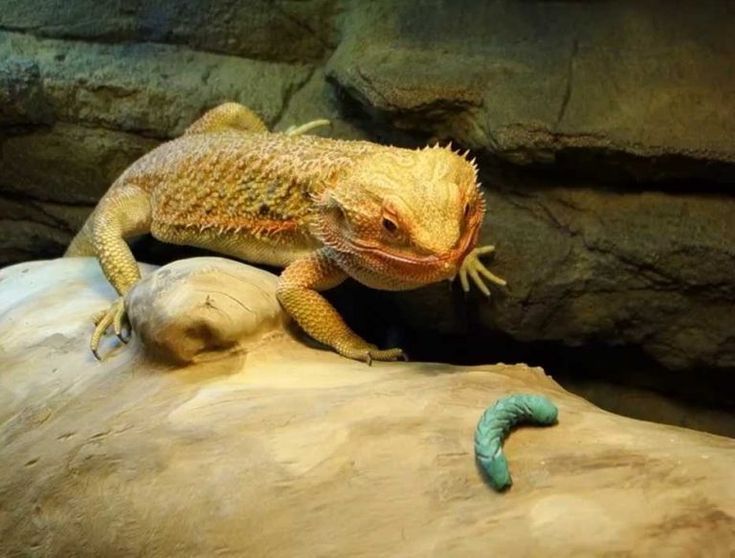 You should also avoid high amounts of spinach, broccoli, and parsley in your bearded dragon's diet. These vegetables contain high levels of goitrogens, which can negatively affect thyroid function.
You should also avoid high amounts of spinach, broccoli, and parsley in your bearded dragon's diet. These vegetables contain high levels of goitrogens, which can negatively affect thyroid function.
In addition to vegetables that are simply too low in valuable nutrients or too high in substances that could harm your dragon, there is a long list of plants that are downright toxic to your dragon.
Feeding tips for bearded dragons.
In addition to giving your bearded dragon the right protein and plant foods, you should always provide fresh water. Bearded dragons can get some hydration from the vegetables and fruits you give them, but they also need constant access to a source of clean water. You must wash and fill the water bowl daily.
The bearded dragon also needs the right nutritional supplements. According to VCA Animal Hospital, veterinarians generally recommend lightly dusting calcium powder 2-3 times a week, not containing vitamin D3, but lightly sprinkle their food 2-3 times a week with a separate calcium powder that contains vitamin D3.

